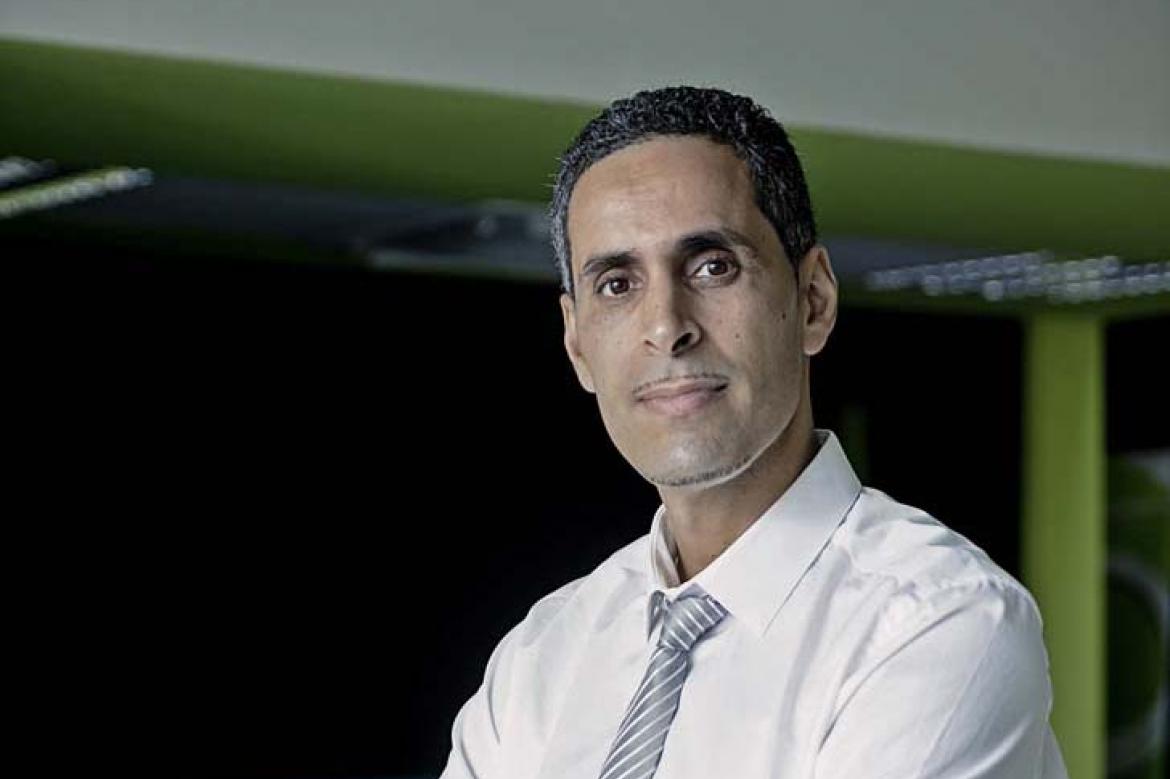Exclusive interview with Mr. Yacine Chouabia, Business Development Director for Asia Électricité de France, on the 1,050 megawatt Shweli 3 hydropower plant project in northern Shan State
17 Sep 2018
In December 2015, state-owned utility company Électricité de France signed a memorandum of understanding with the government for the 1,050-megawatt Shweli-3 hydropower project in northern Shan State.
After several years of policy uncertainty, the government is keen to move ahead with hydropower projects and at a power sector working group meeting on August 8, Minister for Electricity and Energy U Win Khaing said it would soon issue notices to proceed to several developers, including EDF.
Mr Yacine Chouabia, the company’s business development director for tells Frontier’s Thomas Kean about EDF’s plans for Shweli-3, which could see the size of the project scaled back.
How significant is Shweli-3 for EDF?
As a global utility company and a leader in low-carbon electricity solutions, we are able to support Myanmar in a variety of energy projects. Shweli-3 is definitely one of them.
We are currently looking forward to the government’s decision regarding the choice of project developer. This decision, referred to as a notice to proceed, is an important step since it will enable the appointed company to move forward and engage works on the project’s financing scheme.
How did EDF identify Shweli-3 as a project it wanted to pursue?
When the country opened to investors after 2011, we started looking for development opportunities in the region. The project was originally developed by the Ministry of Electric Power's Department of Hydropower Implementation and we offered our support. We carried out preliminary studies to assess the project’s compliance with our standards.
With our experience in hydro energy, we are confident about our capacity to bring a real added-value in terms of optimizing the project’s key parameters – the size and installed capacity – and making it cost-efficient, while reducing as far as possible the environmental and social impacts.
That suggests the project could be scaled back – how is that likely to affect the overall investment required?
At this stage, we are still working on the related cost estimate.
It seems that in the first two years after you signed your MOU there was little movement in the hydropower sector. Why have we seen progress over the past six months?
We think the Ministry of Electricity and Energy set up a judicious and comprehensive strategy in terms of filling the energy gap and providing energy access to the population.
Their strategy – to focus first on quicker-to-build gas projects and right afterwards on developing hydro generation – is a commendable approach, both from an industrial and environmental perspective.
What stage are you at in terms of negotiations with the government? Have you discussed your proposed tariff?
So far we have had very constructive discussions with government representatives and we are very happy to share a common approach. We have covered all the aspects of the project including the electricity generation cost. We are ready to enter the development phase if we are appointed as the project developer.
Will all of the power be for Myanmar’s domestic use, or will you look to export some of it?
Unfortunately we cannot confirm how the electricity from Shweli-3 will be used.
You’re partnering with Marubeni of Japan and Myanmar’s Ayeyar Hinthar, but I understand the government is also expected to have a stake in Shweli-3 under a public-private partnership. Why has this development model been chosen?
We won’t be able to make any comment at this stage.
What are some of the challenges specific to Shweli-3?
Each hydro project is very specific. EDF has a strong focus on reducing environment and social impacts. These aspects are crucial success factors for every hydropower project.
Also, there's around 300 kilometres of high-voltage transmission line that needs to be built, which poses specific challenges.
It is possible that thousands of people may have to be relocated if Shweli-3 proceeds. How will you engage with local populations, many of whom may be opposed to the project?
EDF has very high standards in this field and always pays particular attention to the respect of its social and environmental responsibility policies. We have a very significant experience in this area and have accompanied many governments in making their hydro project acceptable for local populations. We are looking forward to share this experience with the government of Myanmar who will be in charge of managing the dialogue with local stakeholders and embracing responsibility for it.
Local Ta'ang activist groups have said the dam is located in an active conflict zone, close to territory controlled by the TNLA, KIA and SSA-North. Is this correct? How will you ensure security in the area?
I would rather leave it up to the state officials to comment on the political situation in the region. Security of our employees and partners is our number one priority. It is out of question for us to expose them to any risks.
How will you go about financing Shweli-3?
Our goal is to get the most competitive financing possible. This particular aspect will be dealt with if we are designated as the exclusive project developer. We are confident about our capacity to come up with an attractive financing scheme thanks to our experience in this field. All I can say at this stage is that we will be looking at our regular and solid partners such as international financial institutions as well as commercial banks. Electricity generation infrastructure [projects] are usually an attractive investment opportunity in as much as they provide a steady cash-flow for a long period of time.
When do you expect things to begin moving forward?
It is now in the hands of the ministry. We are ready, together with our partners, to step in and launch the activities that are needed. We are just waiting for the green light from the government to tell us when.
(Frontier Myanmar: https://frontiermyanmar.net/en/electricite-de-france-director-our-goal-is-to-get-the-most-competitive-financing-possible )











